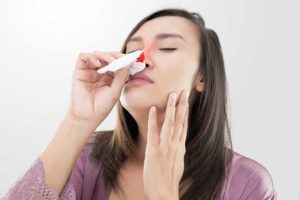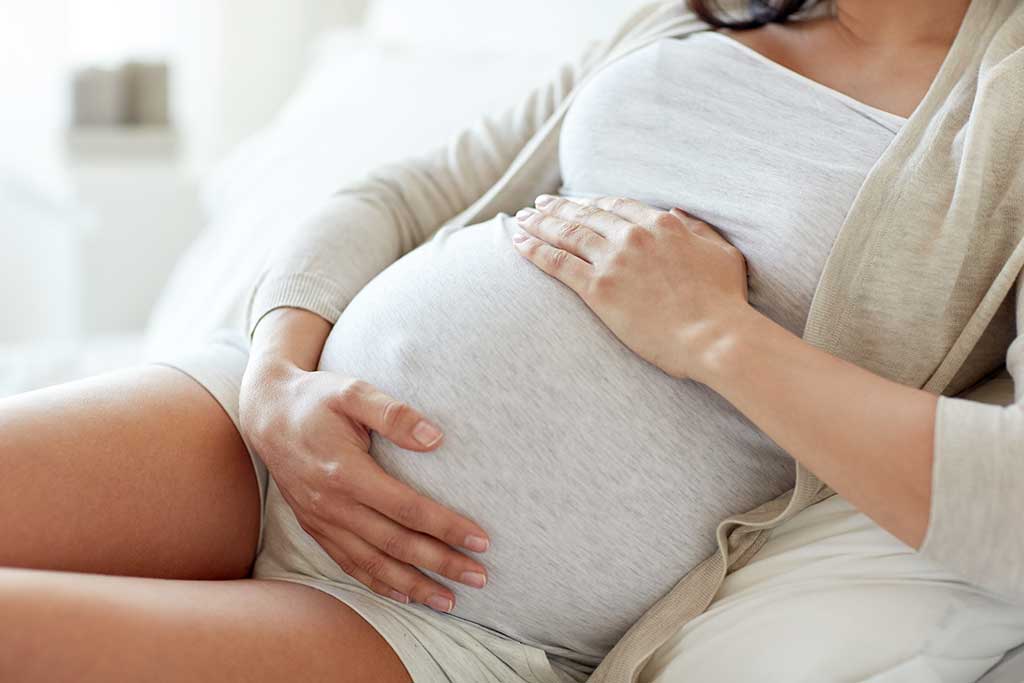Leech therapy is the natural method of healing various of illnesses by using medical leeches. Even though currently leeches used to treat people come from sterile cultures in laboratories, this does not mean that there are no contraindications to their use. There are not many of them, it should be however remembered about the most important:
Pregnancy

Although many years of observations prove that leeches do not pose a threat to the fetus, they should not be applied to pregnant women. Hirudocompounds contained in the secretion of salivary glands might affect the development of pregnancy and in some cases, cause miscarriage.
Pregnancy is also a contraindication because infection complications caused by wounds may occur after therapy with leeches.
Hemophilia

Hemophilia is a blood disease whose essence is the congenital absence or deficiency of blood coagulation factors. In people with hemophilia, when a blood vessel is damaged, there is a problem with the formation of a clot, which causes bleeding to take longer. The compounds contained in the secretion of leeches lead to blood thinning, which is undesirable in people with hemophilia who already have a problem with it.
Anemia
Anemia is a pathological condition in which the number of erythrocytes (red blood cells) or the amount of hemoglobin contained in them is not enough for proper tissue oxygenation. Symptoms include loss of energy, easily fatigued, and general weakness.
Although, side effects after hirudotherapy are rare, but very dangerous for health. One of the many is bleeding that is difficult to stop, which leads to a decrease in hemoglobin and hematocrit and it is a direct cause of anemia.
Anticoagulants
Leech therapy should not be used in people taking anticoagulants, non-steroidal anti-inflammatory drugs and platelet aggregation inhibitors. A relative contraindication, however, are derivatives of non-steroidal anti-aggregation drugs, including aspirin. Compounds in chemical drugs, as well as those injected by the leech, can intensify their effects and enter into dangerous interactions.
Hypothomia
Additional caution is recommended when treating patients with hypothomia with blood pressure 60/80 or lower. After a session of hirudotherapy, patients almost always experience a drop in blood pressure, accompanied by dizziness and general weakness. For the same reasons, leeches should not be applied to women during menstruation, to patients with a high temperature and to people with general weakness.
Allergies
It is recommended to be very careful while leeching patients with allergies since they might be allergic to hirudocompounds. In such cases, only two leeches should be used during the first treatment. Protein allergy patients should not use leech therapy as they have had severe attacks in the past. Typical symptoms manifesting an allergy are skin changes, and in extreme cases even anaphylactic shock.
In addition to the above-mentioned contraindications to the use of leeches, caution in the use of hirudotherapy should also be observed in the following situations:
- existing erosions and bleeding from the digestive system
- immunosuppression occurring in HIV carriers and after chemotherapy
- occurrence of certain cancers
- in children under 10 years of age
- in patients with mental disorders

